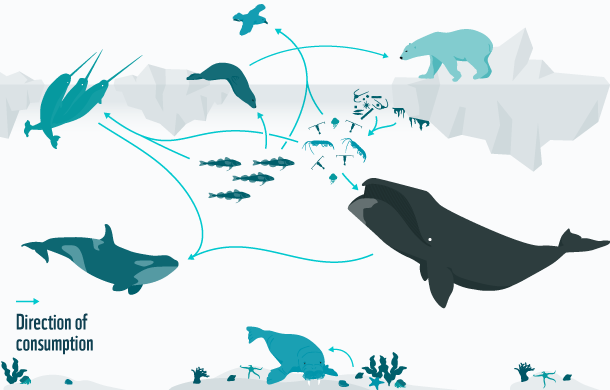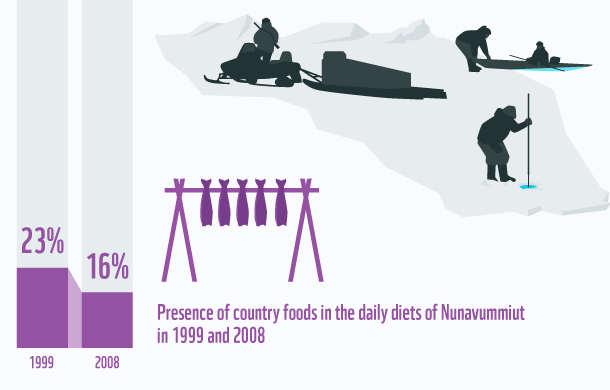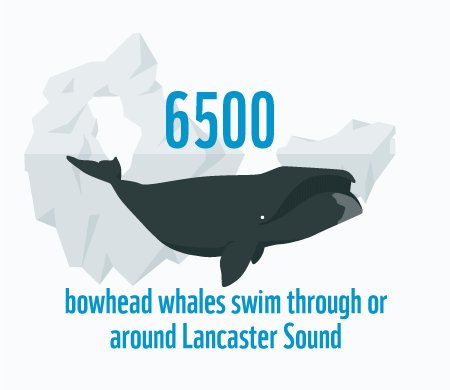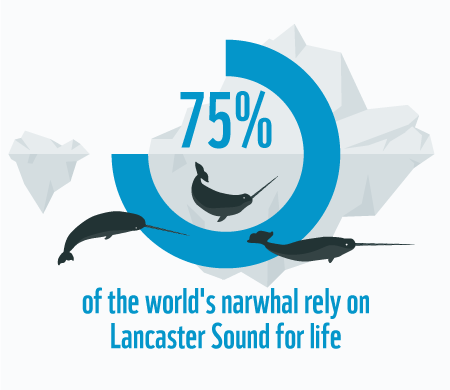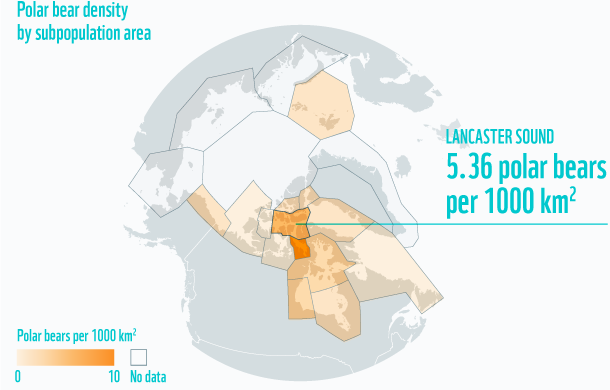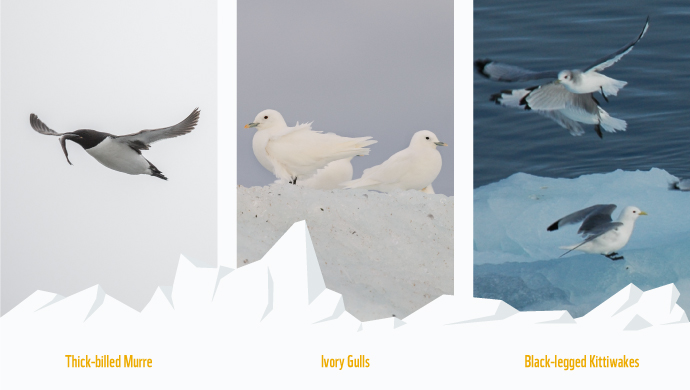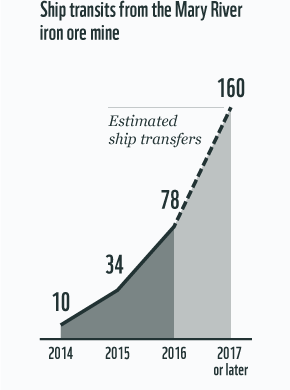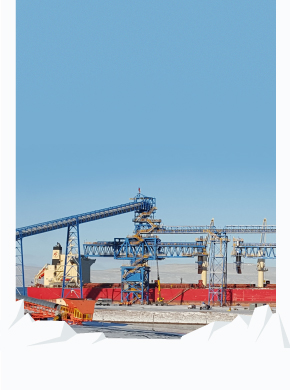-
Canada's Arctic
Home to more than 130,000 Canadians, the Arctic inspires Canada’s identity and makes up over 55% of its land mass and 67% of its coastline.
-
Lancaster Sound
Located at the eastern entrance to the fabled Northwest Passage lies Tallurutiup Tariunga, a region British explorers named ‘Lancaster Sound.’
-
People
Generations of Inuit have recognized this fact and continue to rely on the area’s abundance of species for subsistence.
-
Whales
Whales such as belugas and bowheads transit this region every summer en route to their feeding and nursing areas to the southwest.
-
Polar bears
During the ice free months, polar bears wander the land and wait for the sea ice to form once again.
-
Birds
Millions of migratory birds return here each summer to raise their young.
-
Development
The area is becoming increasingly busy as shipping levels rise.
On June 8, 2016, after WWF launched a lawsuit disputing the validity of offshore oil exploration leases on the proposed boundary of Lancaster Sound, Shell Canada Ltd gave them up. This action removed one of the most obvious threats to the region, but protection is still needed.
-
Proposed National Marine Conservation Area
Inuit have been seeking to protect this region for over 30 years.
-
Proposed National Marine Conservation Area
The Government of Canada’s current NMCA proposal does not satisfy the Inuit desire to protect the integrity of this ecosystem.
-
Proposed National Marine Conservation Area
And, it leaves out a vital area, which until recently was under permit for oil and gas exploration.
-
Protect Lancaster Sound
Designating the region defined by the Inuit as a National Marine Conservation Area will prevent ocean dumping and future oil and gas exploration, and ensure that future shipping is carried out to a high standard.
